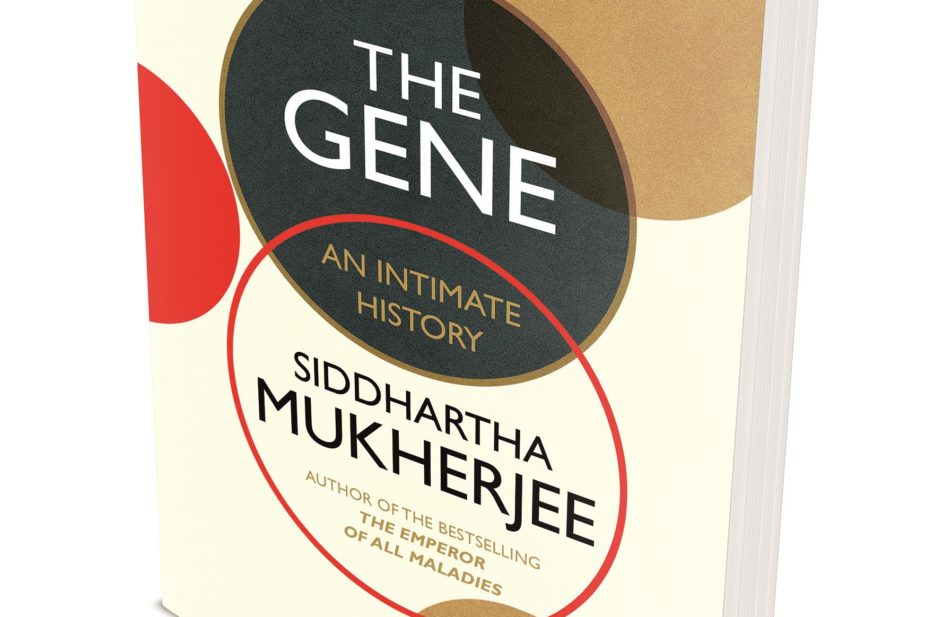
Siddhartha Mukherjee, Pulitzer-prize winning author of The emperor of all maladies: a biography of cancer, has tackled another gargantuan topic in his new book, this time giving us the history of the gene. More accurately, this is the history of the study of the gene, and the human endeavour that made it possible. Mukherjee has described this book as an intimate history, intimate perhaps referring to both the detailed examination of the science, and the interweaving of his own family history of schizophrenia into the narrative, this latter giving it a more personal touch.
The book’s narrative moves mostly chronologically, starting with Mendel’s experiments with peas, via Darwin, Franklin, Watson and Crick (to name but a few of the many contributors to the science), through the development of recombinant DNA techniques and the Human Genome Project to where we are today. The journey takes us through some dark detours into the area of eugenics and asks important questions about the moral implications of genetic modification. A short photographic section supports the text nicely.
Mukherjee writes with clarity and passion, such that this book sometimes feels like a novel rather than a scientific text. His protagonists being the scientists whose remarkable ingenuity has uncovered many of the mysteries of the gene. Of particular interest to pharmacists may be the discussions of the role of genes and genetics in our understanding of health and disease, for example, in the development of recombinant insulin and the concept of gene therapy.
Overall, this should prove a fascinating read for anyone interested in understanding how far the study of the gene has taken us, particularly with respect to medicine, and where the future may lie.
Emma McConnell
References
The gene: an intimate history, by Siddhartha Mukherjee. Pp 608 £17 hardcover £8.99 paperback. London: Penguin Random House UK; 2016. ISBN 089 1 8479226 3


